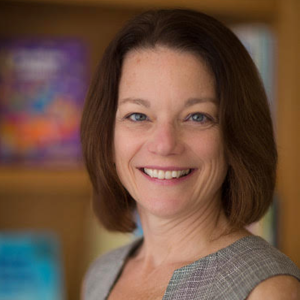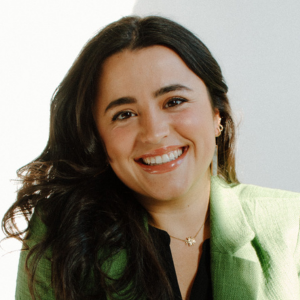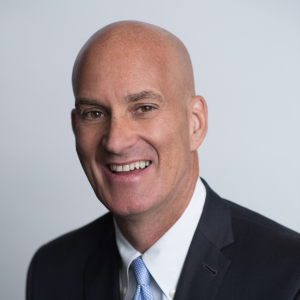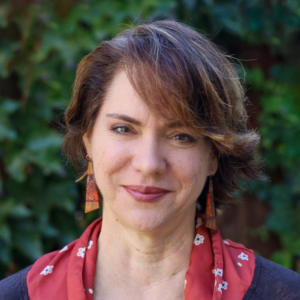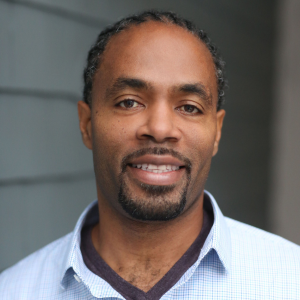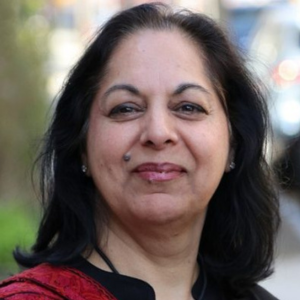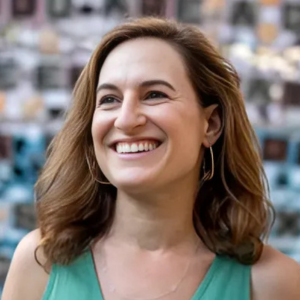
- This event has passed.
Counting on Philanthropy: How National & Local Funders Are Collaborating to Advance Early Math
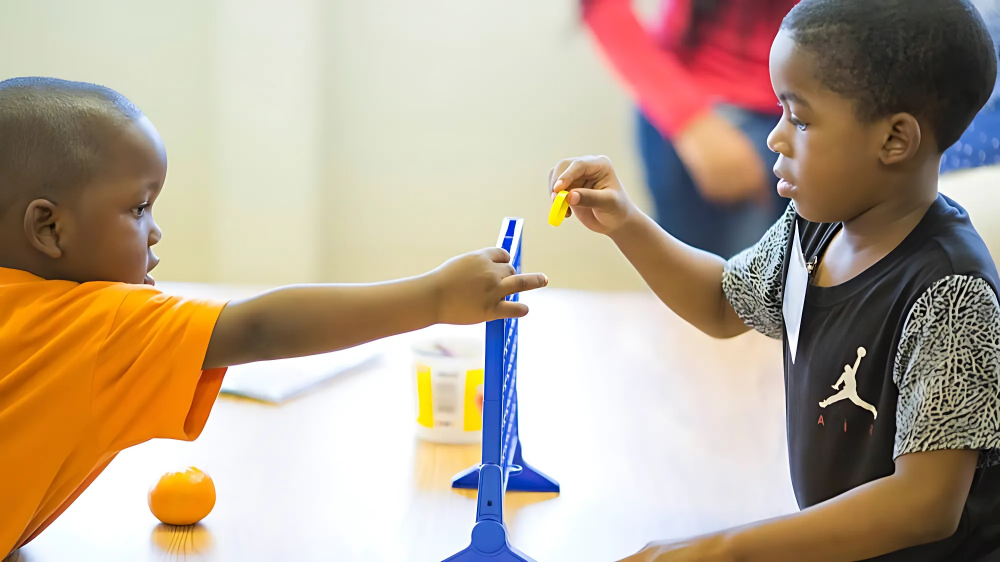
This Funder-to-Funder session was a continuation of a series of conversations focused on early math that began in 2020. This session explored how funders are working creatively and with growing impact to ensure that more children get a stronger start in this critical building block of early school success.
Jessica Tilli, Ed.D., of The School District of Philadelphia moderated the session and framed the importance of early math to long-term success. Holly Kreider, Ed.D., of the Center for Family Math noted that math skills at kindergarten entry are as accurate a predictor of eighth-grade reading skills as are kindergarten reading skills. She described the Center’s focus on family and community engagement to help young children build knowledge, skills, and positive attitudes toward math.
Funders on the panel explained why their respective foundations started to work on early math and what strategies and philanthropic tools they have deployed. Kimberly Brenneman, Ph.D., of the Heising-Simons Foundation noted that their work in this area has roots in both the head and the heart. She described how it has evolved since 2011 and how they now see themselves as one contributor in an increasingly interconnected field to which they are able to provide financial support, foster connections, and bring attention to the issue and to promising approaches. Geeta Pradhan of the Cambridge Community Foundation in Massachusetts explained how their concern about income inequality and their conversations with local leaders led them to invest in early math. Douglas Ismail of the California Masonic Foundation shared how they moved into the “adjacent” field of early math, building on extensive work in literacy and family engagement.
Omowale Moses and Claudia Ferrara of MathTalk explained their approach to making math fun, enjoyable, and valuable for families by creating immersive digital and physical experiences that work across a rich ecosystem of schools, museums, zoos, and other real-world contexts, including a recent pilot in a health center. The earlier CGLR webinar Get to Know MathTalk offers a deep dive into this exemplary approach and how MathTalk engages communities in planning and implementation.
Responding to a question from the audience about the applicability of these approaches to rural communities, Moses said that while the settings may differ, all communities offer places and spaces that can become “fun, meaningful, valuable math resources and math moments.”
As the conversation turned to entry points and opportunities for funders and community organizations to move into early math, panelists emphasized that early math can be incorporated into ongoing literacy and family engagement work, without needing to create an entirely new program area. They also gave examples of using “more than money” strategies and the complementary roles that national and local funders can play in supporting children’s early math development.
As one example of weaving these threads together, Ismail and Kreider described a new partnership among Raising A Reader, PowerMyLearning, the Partnership for Los Angeles Schools, the Center for Family Math, and the California Masonic Foundation to transfer knowledge about family and community engagement in early literacy to early math.
Panelists agreed that “narrative change” is an important issue for the field to continue to address. Brenneman said that “we will not make the progress we want to make until we figure out how to change adults’ views of mathematics,” and Pradhan stressed the need to make it “not something that you fear, but something that you love.”
If you were able to attend the session, we would love to hear your feedback! We appreciate your help in filling out the following form as we seek to learn and understand the perspectives, ideas, critiques and recommendations that better inform our key audiences.
Panel
